Why Choose Yashoda Hospitals for Anal Fissure Treatment?
01.
Yashoda Hospitals offers advanced Anal Fissure procedures with personalized care and state-of-the-art urological technologies.
Leading Proctology Center Yashoda Hospitals is recognized as the Best Hospital for anal fissure surgery in Hyderabad, offering a comprehensive approach to proctology and gastrointestinal care.
02.
Expert Proctology Team
Our team of experienced proctologists and colorectal surgeons specializes in advanced techniques for treating anal fissures, ensuring optimal outcomes.
03.
Cutting-edge Facilities
Our hospital is equipped with the latest technology for minimally invasive procedures, ensuring precision and efficiency.
04.
Dedicated Care and Support
From diagnosis to anal fissure surgery recovery time, our team provides personalized guidance and compassionate support throughout your treatment journey.
Anal Fissure Overview
An anal fissure is a small tear in the lining of the anus, often caused by constipation, hard stools, or trauma. It can lead to pain, bleeding, and discomfort during bowel movements. Our minimally invasive treatment options aim to alleviate these symptoms and promote healing.
Types of Surgery for Anal Fissure:
Non-surgical Management: Includes dietary changes, stool softeners, and topical treatments to promote healing.
Anal Fissurectomy: Surgical removal of the fissure and surrounding scar tissue.
Botox Injection: Relaxes the anal sphincter to reduce pressure and allow healing.
Lateral Internal Sphincterotomy (LIS): A minimally invasive surgical procedure to relieve pressure on the anal sphincter, allowing the fissure to heal.
Laser Sphincterotomy: Uses advanced laser treatment for anal fissure with precision and minimal trauma.
Advancement Flap Surgery: Replacement of the fissured area with healthy tissue for improved healing.
| Procedure Name | Anal Fissure Treatment |
|---|---|
| Type of Surgery | Minor to Moderate |
| Type of Anesthesia | Local/ General |
| Duration of Surgery | 30 minutes to 1 hour |
| Recovery Duration | Several weeks |
Anal Fissure Treatment: Pre-Op & Post-Op Care
Preparation: Prior to treatment, a thorough evaluation is conducted, including a review of medical history, physical examination, and necessary imaging studies.
During the Procedure: Depending on the treatment chosen, procedures may range from non-invasive to minimally invasive surgery. Local or general anesthesia may be used.
Duration: The duration of procedures varies, but minimally invasive surgery typically takes between 30 minutes to 1 hour.
Recovery: Patients are monitored post-procedure to ensure stability before discharge. Postoperative instructions are provided to ensure proper healing and reduce complications.
Follow-up Care: Follow-up appointments are scheduled to monitor healing and address any issues such as infection, bleeding, or discomfort.
Benefits of Anal Fissure Treatment at Yashoda Hospitals
- Reduces pain during and after bowel movements
- Promotes healing of the tear in the anal lining
- Decreases risk of secondary infections
- Relieves sphincter spasms, aiding healing
- Minimizes chances of fissures returning
- Improves overall quality of life













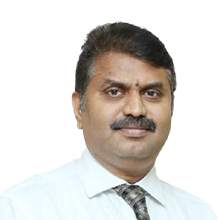




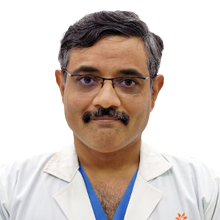














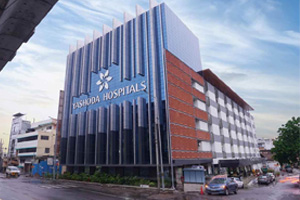
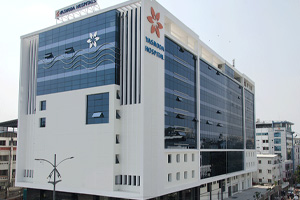
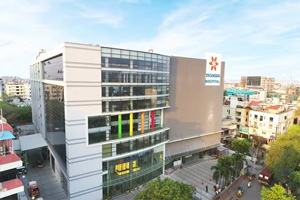
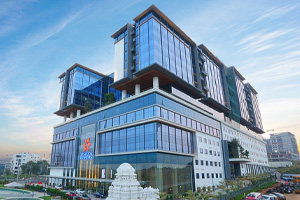
 Appointment
Appointment WhatsApp
WhatsApp Call
Call More
More

